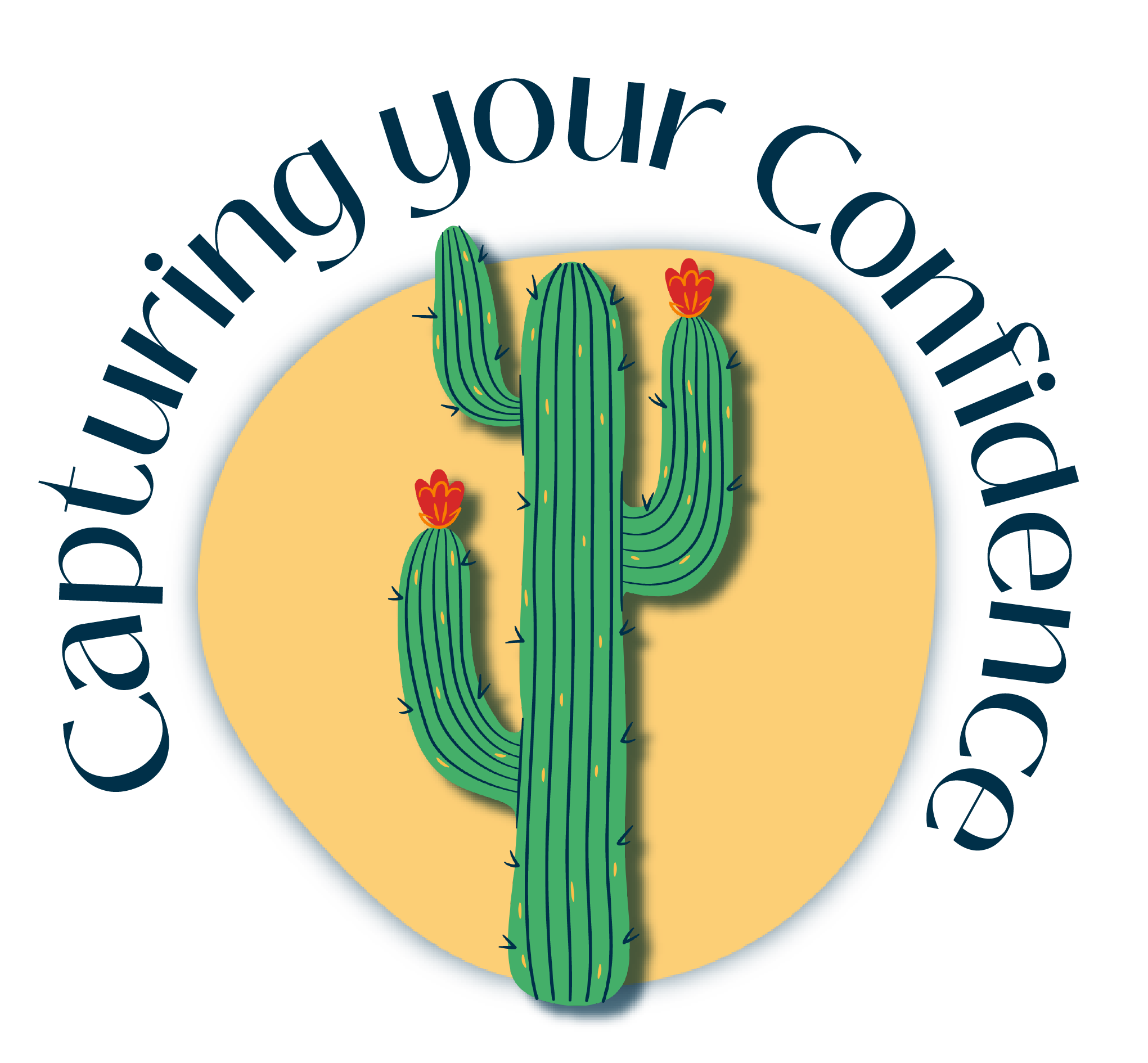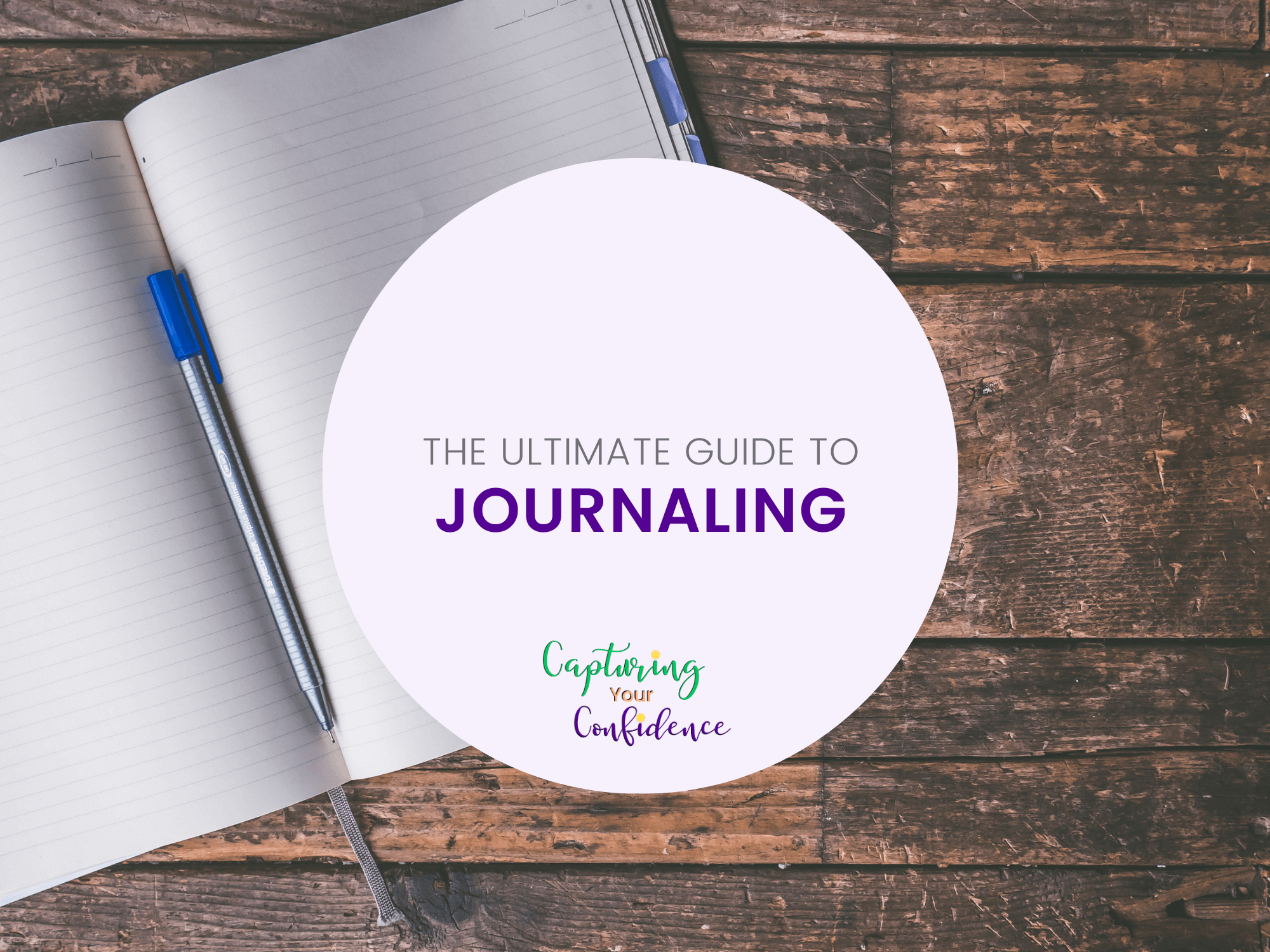The Ultimate Guide to Journaling
UPDATED DECEMBER 2020
Chances are, if you liked writing or showed an interest at all when you were young, someone gave you a journal at one point. It may have been a pretty notebook, a hardbound “diary,” or, a tiny little notebook that fits about 3 words on the line.
What do you remember about it?
Were you excited? Annoyed? Skeptical, perhaps?
Me too. As someone who has loved writing for as long as I can remember, I had a string of “diaries” when I was young. I specifically remember having a voice-activated password diary - the latest trendy thing in the 2000s. It seemed like every birthday or gift-giving holiday, journals were the gift of choice.
When I was young, I would get all excited about a new journal. I would use it for a few writing sessions, then lose interest. Sometimes I would be paranoid that my diary was read by someone (and sometimes it was). Or, I didn’t want to spend hours writing down all my thoughts at one time, because that’s what journaling was to me then: hours of writing down every little feeling and detail.
When I went away to college, I found comfort in keeping a journal on a regular basis. I didn’t write every day, because I tended to write quite extensively, but every week or two I would write about what was important and happening in my life. It was during this hectic time that I figured out how incredibly helpful it is to have a journal.
Now I journal every day, and it has changed my life.
What is Journaling?
Before we get to the juicy stuff, though, let’s make sure we’re on the same page about what a journal actually is. A journal is, “a daily record of news and events of a personal nature; a diary.” Essentially, you write every day about what’s happening around you in a private place.
Many times, this strict definition of journal is what discourages people from journaling. The “daily” act of writing or keeping a “diary” seems like quite a big time commitment, especially if you’re busy, as most of us are.
This was definitely off-putting for me because:
When I was writing in a “diary” I poured out my soul for long periods of time. I’m talking a couple of hours at a time, so how could I expect to do that every day?
Because I wrote so much for so long, I was drained, so writing every day seemed like an unattainable goal.
I’ve never liked the idea of a “diary” because it seems like telling people about a diary encourages them to ask about things you obviously want to keep private. It also seems like something you might have to “hide” - at least that’s what we learn about keeping a diary as kids.
When I talk about the benefits of journaling and how helpful it’s been in my own life, understand that I don’t commit to writing 10 pages a day of raw emotional content in a diary.
Every morning I free write 3 pages - a practice called Morning Pages (read more about that here) - and I log my day at the end of the day. For me, journaling is one of the biggest ways I do self-care, so I do indulge in nice journals, although not super expensive ones. I love Peter Pauper Press journals like this one.
7 Benefits of Journaling
While it’s one thing for me to say journaling has helped me, it’s another thing to “prove” it, right? After all, just because something works for me doesn’t mean it will work for you.
BUT
Did you know there are research-backed benefits to journaling? People have been studying journaling for years and it DOES have some pretty great benefits as a practice.
Journaling helps you have:
And these are just some benefits! Science also supports these claims?
Types of Journals
Free writing isn’t the only way to journal - there are plenty of other options! This might seem like it makes things more complicated, but it’s actually really great for you because it means that you are not confined to the traditional idea of keeping a journal if that doesn’t appeal to you.
Here are some types of journaling you could choose from:
Self-Care Journal - working through life’s difficulties and your own feelings
Writing journal - if you are a writer and want all of your thoughts collected in one place
Gratitude journal - a log of things you are grateful for
Travel journal - a written account of your travels
Dream journal - a written account of your dreams and what you think they mean
Bullet journal - an all-in-one organizational system that can be a journal plus a lot more!
A journal can and should be what you want and need it to be. Learning what works for me has been a journey. I used to do personal journaling in bursts. I would write 5-10 pages at a time, but only once or twice a month. Now, I write 3 pages every morning and not only is it easier because I have a limit to the time and amount, but I’ve come to rely on it as a way to clear my head before the start of the day.
In the morning I do free writing, but I also list 3-5 things I’m grateful for and 3 things I must get done during the day. Before bed, I log my day in the Pixels app and I list 10 things I’m grateful for. If I have something special that I took a picture of, I put it in the journey app for safe-keeping. It’s awesome! It also doesn’t take as long as you might think - I spend maybe a half hour in the morning and less than 10 minutes at night.
How to Begin Journaling
Although it may seem daunting, journaling doesn’t have to be complicated or all-consuming. There are 4 simple steps that can get you started journaling today!
Choose how to journal. Consider what you want to get out of journaling: are you anxious? Do you need to unload your emotions in a private place? Are you really busy and need to keep a log of what’s going on around you? Do you just want someone to talk to who won’t react to what you’re saying? Once you know what you want from your new journaling habit, it will be easier to figure out the “how to do it” part.
Decide what medium to write it. Do you like the traditional feeling of pen on paper? Or do you love technology and want to keep a digital journal? There are awesome tools available for both options. Do some research and see what’s out there that you like. I also have some options below that I love and I think you might, too!
Acquire whatever tool you want to use to journal. Is this a regular notebook? A fancy, bound journal? A daily app with reminders?
Begin writing. You’ve got this! It’s a process to get used to writing every day, but if you make the effort to take time to do it, journaling will begin to become a very positive habit in your life.
Journaling Tools
I didn’t start out as someone who loves journaling, but I sure am now! Along the way, I’ve found some pretty incredible FREE tools that I still use today. Check them out - I think you’ll like them, too.
Pixels - a log to keep your emotions every day. You select a color correlating to your mood and make notes about it every day. You can be as detailed (or not) as you want, and if you don’t want to leave a comment and just a color, you can do that too! Many things, like the month or year view and colors are customizable.
On my app, I use yellow for the best days, orange for good days, green for fine days, purple for not very good days, and red for really bad days.
Journey - a password protected digital diary (don’t worry, it’s not voice activated) that allows you to free write the same way you would on any other document - with images, gifs, emojis, etc. Plus, you can add voice recordings & attachments! You have the option to back it up, and it will keep all of your data safe and sound.
I love this app because I started using it in January 2017, and I can access all of my entries since then. My favorite is adding everyday pictures because then it reminds me of things I might have forgotten. It will also send reminders when you have an anniversary of an entry with the option to “look back” at it. There is a paid version, which is like $6.99, but I felt like that was worth it for me because I have so many entries from over the years. It’s definitely not a requirement and there’s no pressure to upgrade while using the app.
Stop Panic and Anxiety - This is one of the best meditation apps I have found to date. I typically use the relaxation audio recordings when I’m going to sleep. The audios range from about 15-25 minutes, and they guide you with how to breathe and everything.
There is also the option to use the cognitive diary function. You can choose to make the app password protected, too, and set up a reminder so you don’t forget. It doesn’t look the prettiest, but it’s awesome just the same!
BONUS: None of these apps cause ads, and only use push notifications if you want them to.
Journaling Considerations
You might be thinking “Well, I’m just not into it. I’ve done it before & it just doesn’t work for me.”
That’s perfectly fine! Journaling is not for everyone. For years I’ve been a proponent, and that’s partly because I love words so much. I realize, though, that words may not have the same effect on others as they do on me.
Before you give up entirely, though, consider:
You don’t have to do the “diary” type of journaling. Whether it’s a matter of time, or whether you live with too many people for it to actually be private, there are other ways to journal and express yourself.
Just because you try one type of journaling doesn’t mean you have to commit. You can try as many types of journaling as interest you, but just because you try it doesn’t mean you’ll do that same activity the rest of your life. Want to be more satisfied with your life? Focus on finding and writing down one thing you are grateful for every day. Bam! You have yourself a gratitude journal, even if you don’t call it that.
You can always go digital - for free - if you aren’t feeling the pen and paper journaling concept. Plus, if you go digital, you can password protect your thoughts if you feel like you need to.
My challenge to you is to read a little about each type of journal and then try one out for a month!
What kinds of journals have you written? Heard of? Thought about trying? I would love to hear about your trials and triumphs! Find me on social media or leave a comment below.
Let’s chat because you, my friend, are on your way to great writing.







